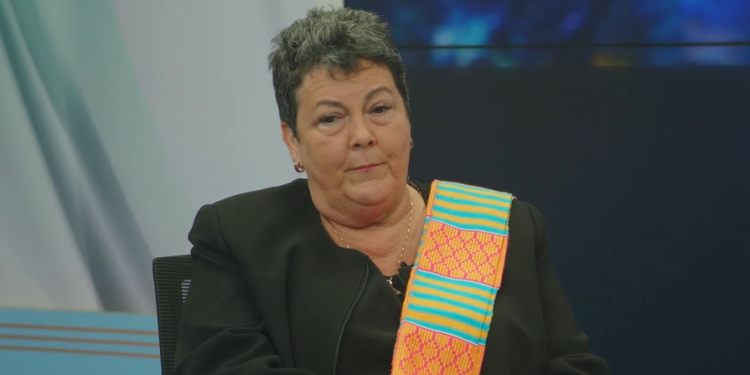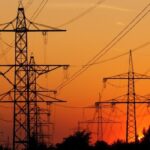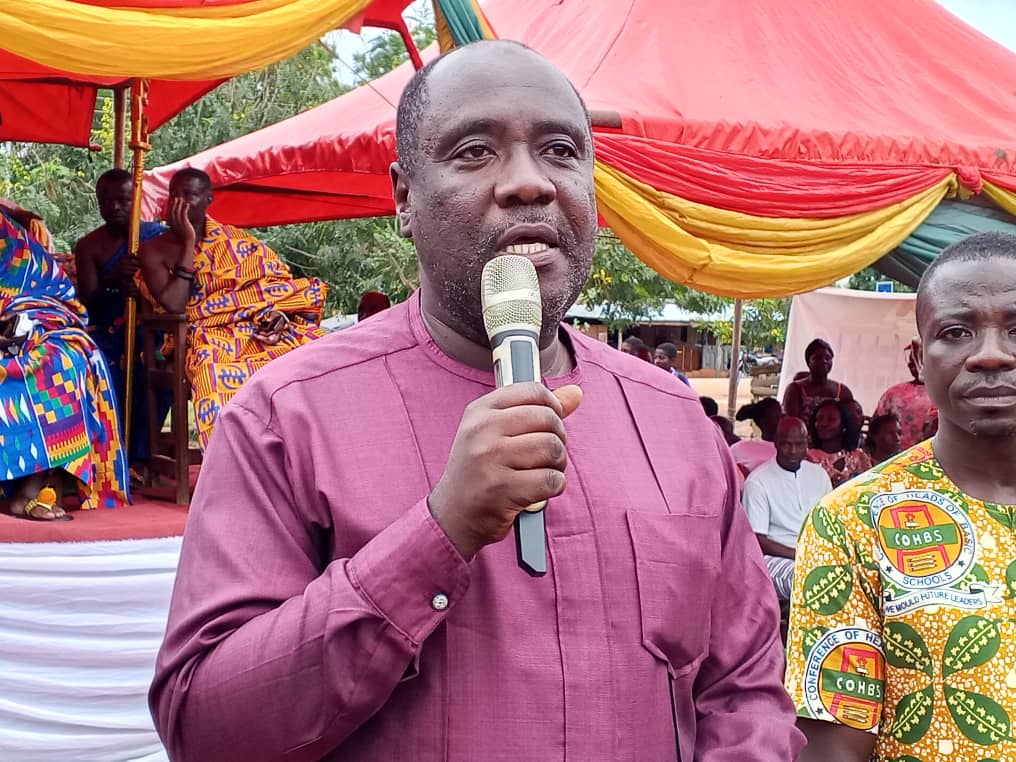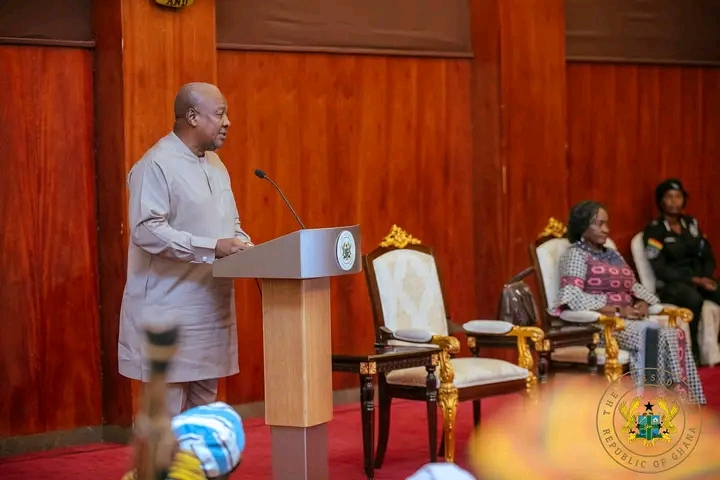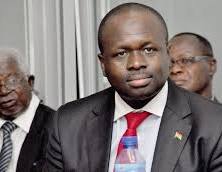Outgoing U.S. Ambassador to Ghana, Virginia Palmer, has issued a stark warning about the financial instability of the Electricity Company of Ghana (ECG), describing the state utility’s losses as a major threat to the country’s economy.
In a yet-to-be-aired interview on The Point of View with Bernard Avle on Channel One TV, Ambassador Palmer revealed that the ECG’s losses were far more substantial than initially estimated, with staggering implications for Ghana’s broader economic health.
“The ECG is bleeding, exchequer, and it’s bleeding more than we thought,” Palmer stated. “When the Minister of Finance, Dr. Cassiel Ato Forson, spoke at the Economic Dialogue, he said $2.2 billion a year, which is essentially at the scale of the IMF programme. There are losses either at the electricity poles or in the counting rooms, and they are enormous.”
Palmer, who is nearing the end of her diplomatic tenure in Ghana, did not mince words about the urgency of reform. She emphasised that unless structural changes are introduced swiftly, the financial rot at ECG could unravel years of macroeconomic progress and hinder Ghana’s ability to meet its international commitments, including those under the ongoing IMF programme.
The ambassador welcomed recent political will to address the crisis, particularly moves by President John Dramani Mahama, who recently announced the formation of an independent panel to evaluate ECG operations and recommend vital reforms.
“I was pleased to see President John Dramani Mahama announce a panel to evaluate ECG and what reforms are necessary, and I’m looking forward to seeing the results,” she said.
The ambassador’s comments come amid renewed concerns over recurring power outages, known locally as “dumsor,” which continue to affect businesses and households across the country. Palmer linked the persistent energy challenges directly to ECG’s deep financial inefficiencies.
“These reforms are not only about money. They are about ending power disruptions and unlocking long-term investment in Ghana’s energy future,” she added.
Palmer’s intervention signals growing international concern about Ghana’s energy sector, particularly as the country strives to rebuild investor confidence and restore fiscal discipline under the guidance of international financial institutions.
At the heart of the issue is ECG’s ballooning operational deficit, fuelled by technical and commercial losses, inefficient billing systems, and widespread electricity theft. Palmer highlighted that some losses occur at distribution points, while others stem from lapses in revenue collection.
Her remarks echo those made at the recent 9th Ghana CEO Summit, which focused on economic transformation under the theme: “Leading Ghana’s Economic Reset: Transforming Business and Governance for a Sustainable Futuristic Economy.”
As Ghana looks to stabilise its economy and power sector, Palmer’s warning serves as a reminder that global partners are watching closely. The pressure is now on political leaders and energy stakeholders to translate intent into action and rescue ECG from what many fear could become an irreversible collapse.
